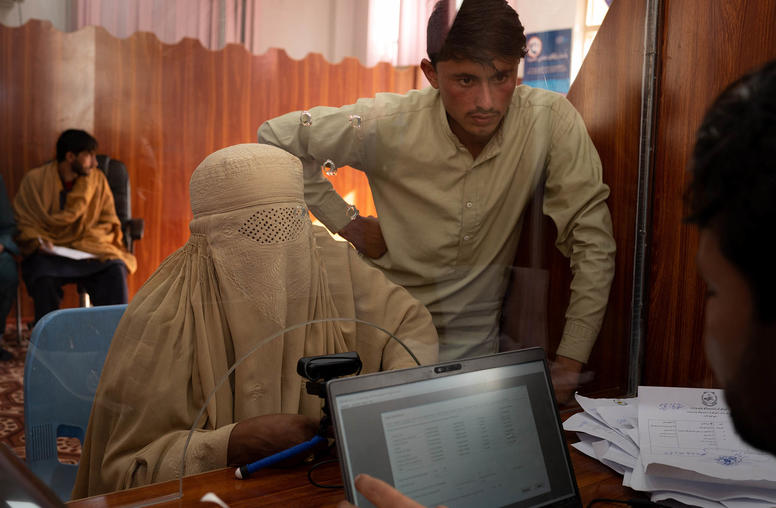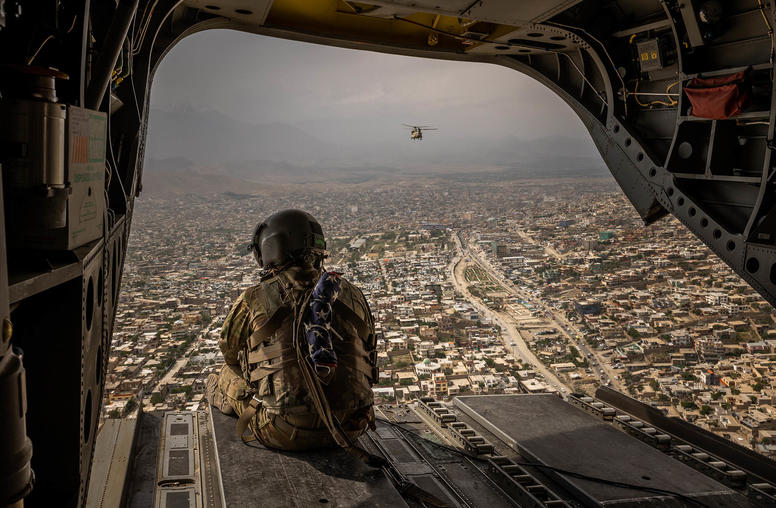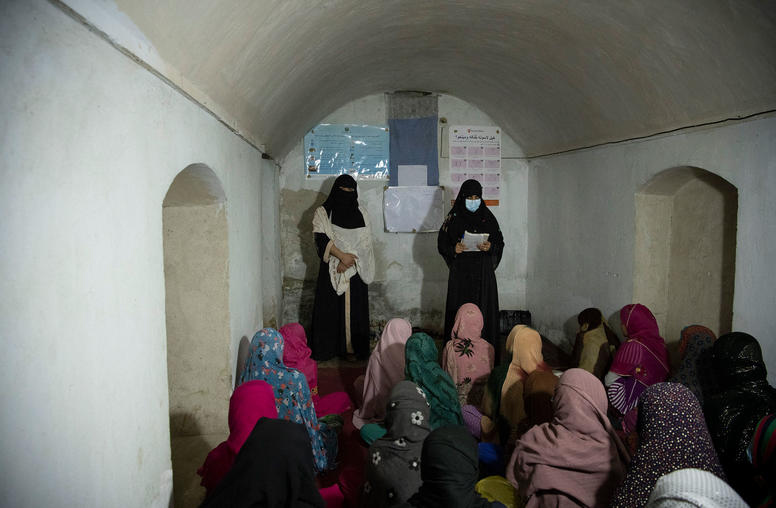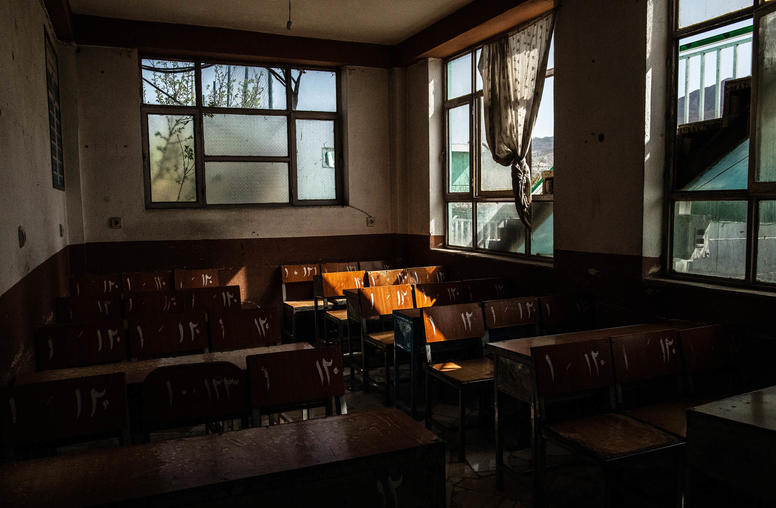Kate Bateman
Contact
Please submit all media inquiries to interviews@usip.org or call 202.429.3869.
For all other inquiries, please call 202.457.1700
Kate Bateman is a senior expert on Afghanistan for the U.S. Institute of Peace.
Previously, Bateman was a project lead in the Lessons Learned Program at the Special Inspector General for Afghanistan Reconstruction (SIGAR), where she led reports on anticorruption, counternarcotics, reintegration of ex-combatants and gender equality. From 2016-2017, as a Council on Foreign Relations International Affairs Fellow at the Center for a New American Security (CNAS), Bateman researched and wrote on corruption as a national security issue. She has also served in intelligence and policy positions at the State Department in Washington, Afghanistan, and Sri Lanka, and was a legislative aide on Capitol Hill.
Bateman’s research focuses on the Afghanistan conflict, stabilization and peacebuilding efforts in fragile states, and the intersection of corruption and U.S. foreign policy interests. She has a master’s from the Johns Hopkins University School of Advanced International Studies and a bachelor’s from Middlebury College.
In addition to Bateman’s published work at SIGAR and CNAS, her analysis has appeared in Foreign Affairs, Lawfare, The National Interest, The Hill and Proceedings.




